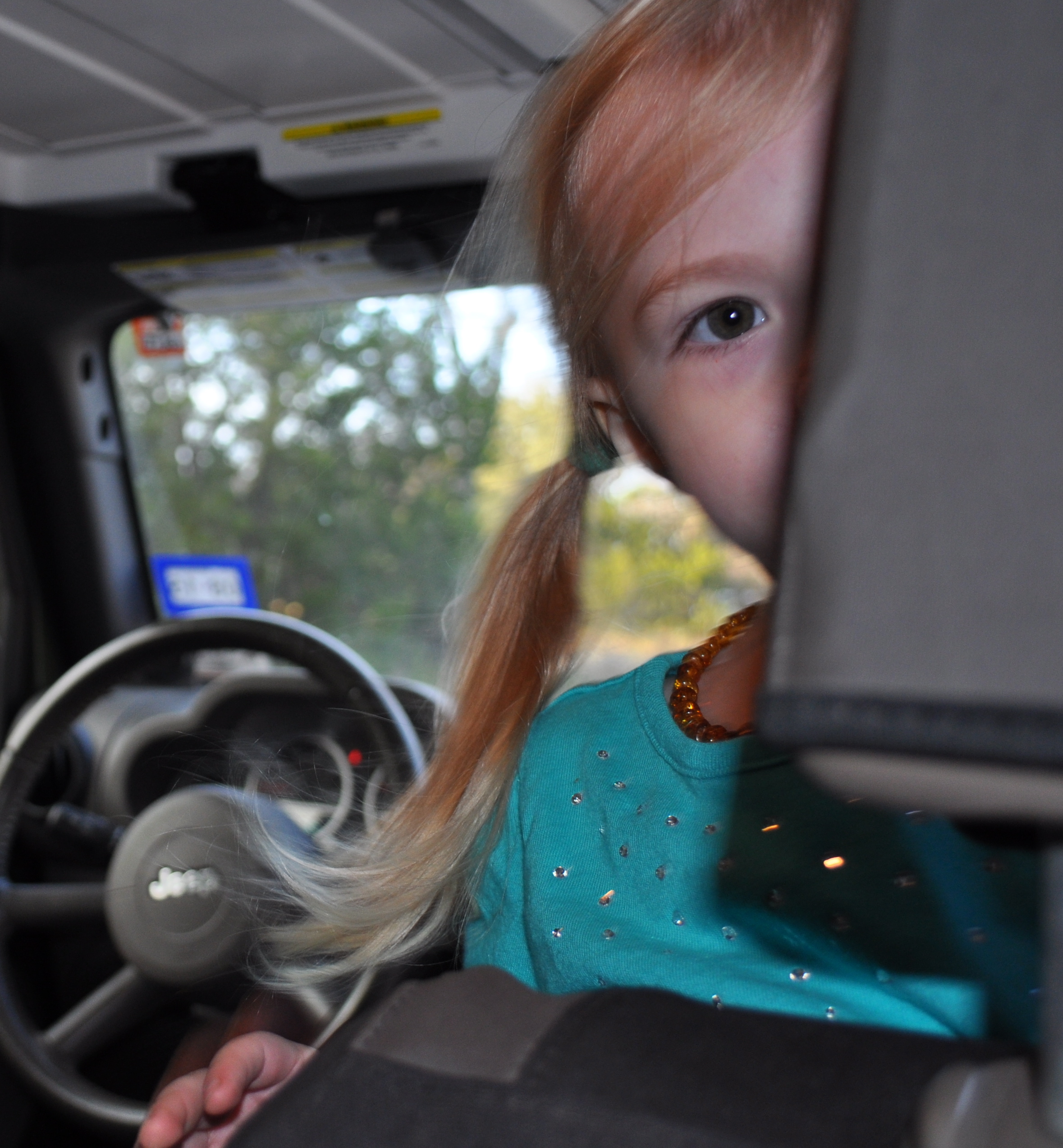I have been getting great insight from Shefali Tsabary's "The Conscious Parent". Chapter 5 really hit home with me. She mentions in the first paragraph that if our children observe us inviting opportunities for introspection and our ability to admit our faults then our children will be fearless about their flaws. I take this to mean that our children need to see us make mistakes and admit that we make mistakes and be okay with the fact that we make mistakes. This will help them continue to try new things without having the fear of failure. Our children pick up many habits from us. They notice how we wake up in the morning, how we react when something breaks, and how we react to that very annoying traffic. Tsabary says we need to "face up" to our reactivity. Our children awaken our unresolved emotional issues, which cause us, as parents, to react. It's not our children that are the problem, but our own unconsciousness. We need to realize this in order for transformation to occur. She says we have inherited an "emotional signature" from our parents. This means that we have absorbed our parents' emotional energy and our children will do the same with us. Most of us were not taught to access our inner stillness as children. We didn't learn to observe our emotions and just sit with them and accept them. Because of this suppression of emotions, we are triggered by people who evoke these emotions in us. Tsabary emphasizes "that no one could evoke these emotions in us were they not already part of our shadow."
Tsabary goes on to say that the parenting journey evokes more emotional reactivity in us than anything else and this is an opportunity for spiritual growth. I love how she says, "...where every moment is a meeting of the spirits, and both parent and child appreciate that each dances on a spiritual path that's unique, holding hands yet alone. As parents, we are susceptible to being triggered because our children are always around us and continually in need of us. Take time to sit with these triggers and look within in order to shift out of reactivity and give a response that is more grounded. "When we resist the way life manifests itself in our children, our intimate partner, or our friends, it's because we refuse to accept life's as is form." Tsabary really resonated with me when I read this. It makes sense to me. At this point, I think it's more helpful to me when thinking about my husband. I've reacted so long to his lack of not wanting to be social, but I think I am finally coming to a point where I accept what it is. Tsabary says to chant the mantra, "It is what it is." This really helps me. When Millie refuses to eat her dinner, I don't try to bribe her anymore. I just say to myself, "It is what it is." It's silly that these words help me relinquish control, but they do. By relinquishing control, I am engaging in life from the stand point of seeking to learn, which is one of the greatest lessons learned. When Millie has a tantrum and I find myself accepting it and just letting her go through it, I am able to pause and find a better response rather than yelling at her to stop. Children feel their emotions in waves. They feel sad one minute and happy the next. This happens because they do not block their emotions like adults have come to do. It seems like with maturity comes emotional blockage. We learn to suppress our emotions instead of learning to deal with them appropriately.
To tame our anxiety, according to Tsabary, we need to accept it. If we accept it, it will wash over us, but if we react to it, then it will turn into a tsunami. She says, "life happens, pure and simple", but it is a willing partner in our journey into awareness.
So, after reading this chapter I ask myself, "Is my child growing me up?" And I say, "She is most definitely growing me up in ways I never know I could grow."
Sometimes when I read these words of advice from spiritual teachers, I think...Do these people really live perfectly like this? Always present and aware with every moment? Does Tsabary stay nonreactive with her children? From what I've read from her, I think she says that we are always in process and always striving to get there. We might start by just being aware of our reactivity and that it is coming from our unconsciousness. Then, we start to slowly lessen our reactivity by sitting with the emotion or maybe just having less and less of a reaction from our unconsciousness. Tsabary says the conscious parent lives by this dictate, "I expect to be triggered, entangled, overwhelmed, and to engage in egoic parenting at times. However, I will use the lessons embedded in these occassions to evolve as a person and to help my children evolve as well."




